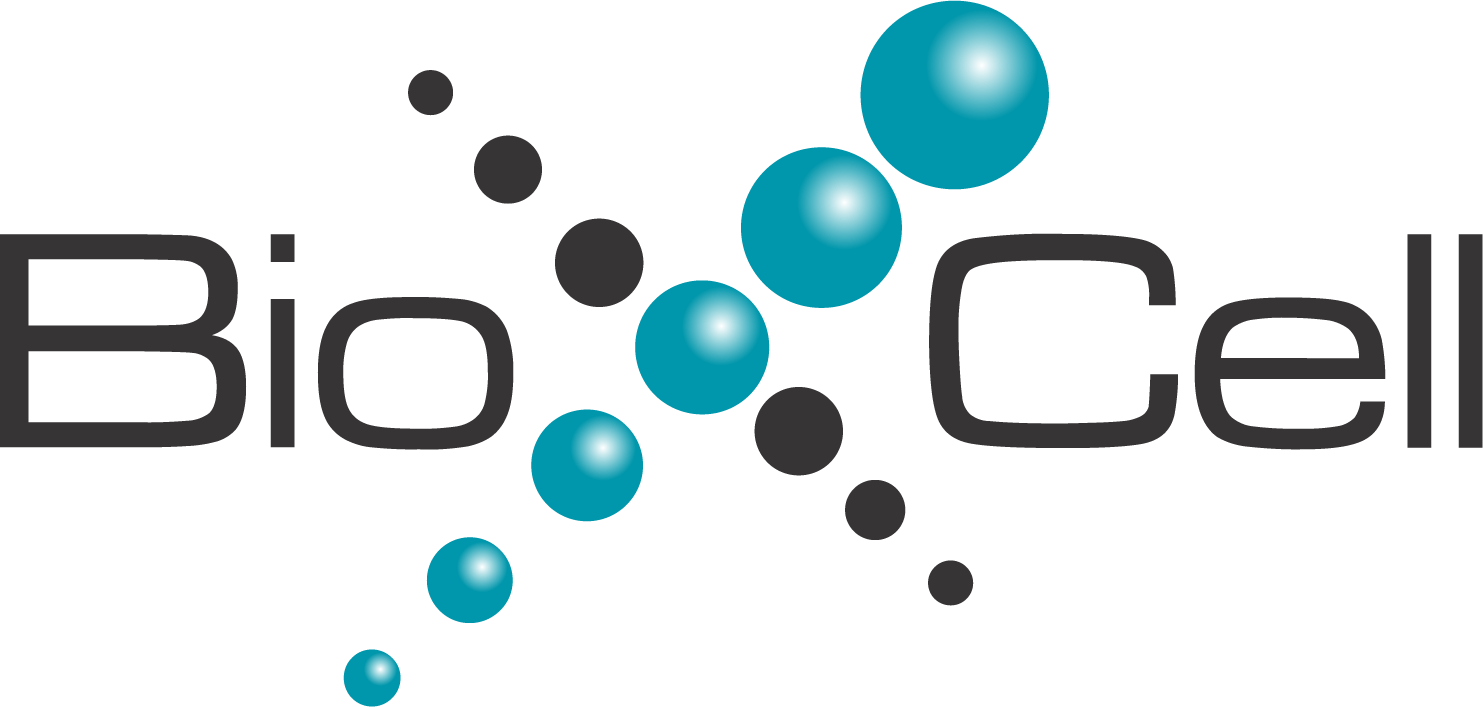
AUTHORS
Aitziber Buqué, Norma Bloy, Maria Perez-Lanzón, Kristina Iribarren, Juliette Humeau, Jonathan G. Pol, Sarah Levesque, Laura Mondragon, Takahiro Yamazaki, Ai Sato, Fernando Aranda, Sylvère Durand, Alexandre Boissonnas, Jitka Fucikova, Laura Senovilla, David Enot, Michal Hensler, Margerie Kremer, Gautier Stoll, Yang Hu, Chiara Massa, Silvia C. Formenti, Barbara Seliger, Olivier Elemento, Radek Spisek, Fabrice André, Laurence Zitvogel, Suzette Delaloge, Guido Kroemer & Lorenzo Galluzzi
SUMMARY
Hormone receptor (HR)+ breast cancer (BC) causes most BC-related deaths, calling for improved therapeutic approaches. Despite expectations, immune checkpoint blockers (ICBs) are poorly active in patients with HR+ BC, in part reflecting the lack of preclinical models that recapitulate disease progression in immunocompetent hosts. We demonstrate that mammary tumors driven by medroxyprogesterone acetate (M) and 7,12-dimethylbenz[a]anthracene (D) recapitulate several key features of human luminal B HR+HER2− BC, including limited immune infiltration and poor sensitivity to ICBs. M/D-driven oncogenesis is accelerated by immune defects, demonstrating that M/D-driven tumors are under immunosurveillance. Safe nutritional measures including nicotinamide (NAM) supplementation efficiently delay M/D-driven oncogenesis by reactivating immunosurveillance. NAM also mediates immunotherapeutic effects against established M/D-driven and transplantable BC, largely reflecting increased type I interferon secretion by malignant cells and direct stimulation of immune effector cells. Our findings identify NAM as a potential strategy for the prevention and treatment of HR+ BC.
REFERENCES
Buqué, A., Bloy, N., Perez-Lanzón, M. et al. Immunoprophylactic and immunotherapeutic control of hormone receptor-positive breast cancer. Nat Commun 11, 3819 (2020). https://doi.org/10.1038/s41467-020-17644-0
PRODUCT HIGHLIGHTS
The following Bio X Cell in vivo monoclonal antibodies were featured in the publication:
- InVivoMAb anti-mouse CD4 (Clone GK1.5 Bio X Cell catalog no. BE0003-1)
- InVivoMAb anti-mouse CD8α (Clone 2.43 Bio X Cell catalog no. BE0061)
- InVivoMAb anti-mouse NKG2D (Clone HMG2D Bio X Cell catalog no. BE0111)
- InVivoMAb anti-mouse NK1.1 (Clone PK136 Bio X Cell catalog no. BE0036)
- InVivoMAb anti-mouse PD-1 (Clone RMP1-14 Bio X Cell catalog no. BE0146)
- InVivoMAb anti-mouse IFNγ (Clone R4-6A2 Bio X Cell catalog no. BE0054)
- InVivoMAb anti-mouse IFNAR1 (Clone MAR1-5A3 Bio X Cell catalog no. BE0241)
- InVivoMAb anti-mouse IL-17A (Clone 17F3 Bio X Cell catalog no. BE0173)
